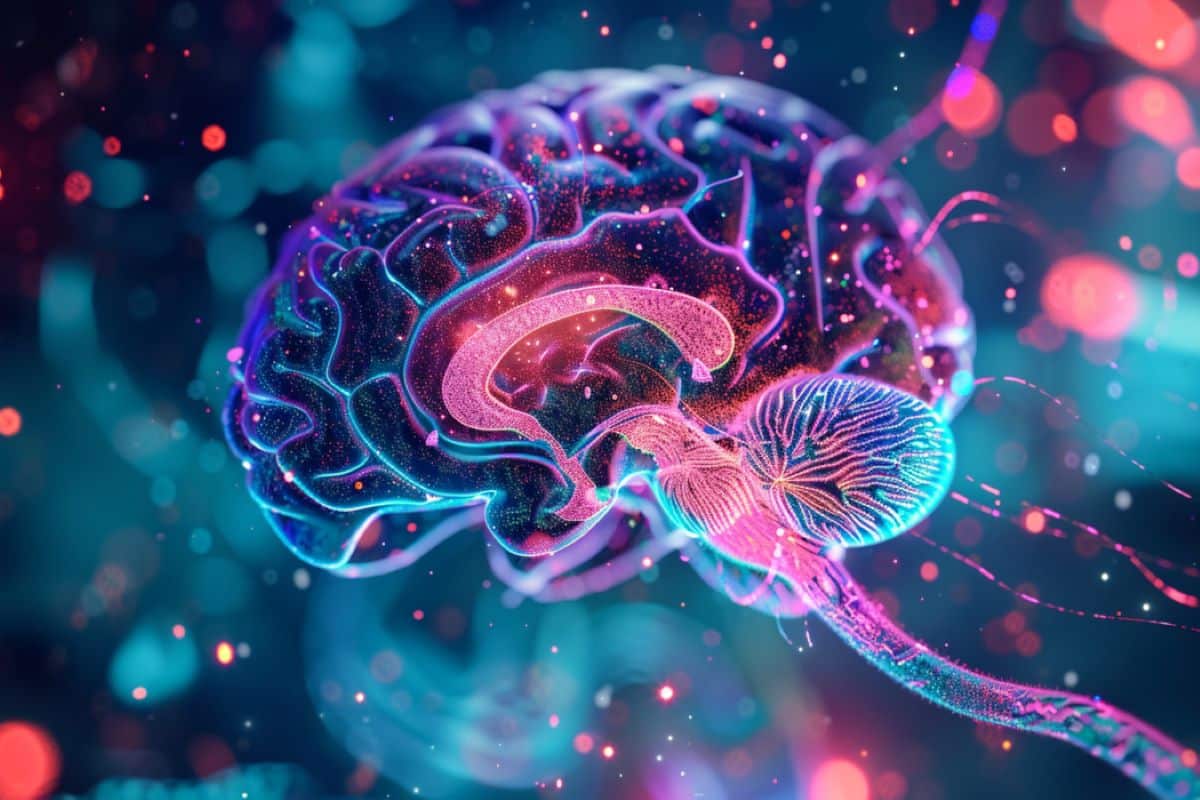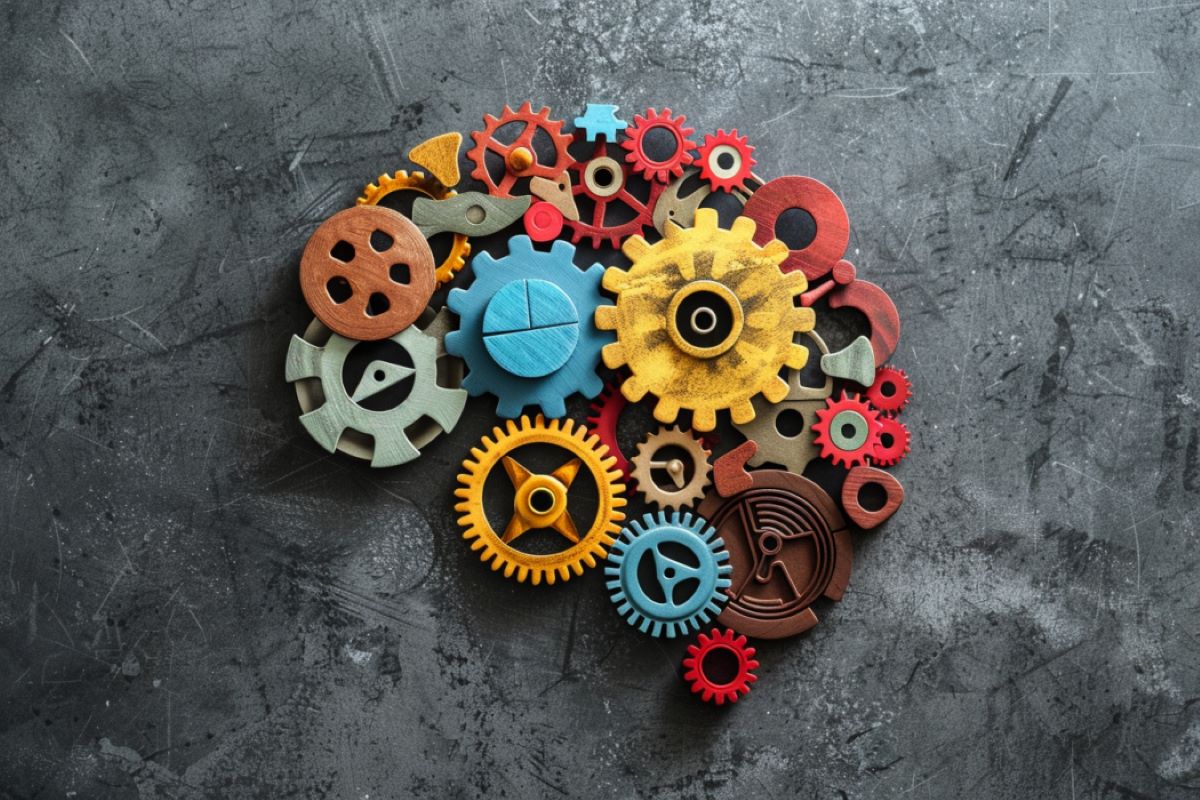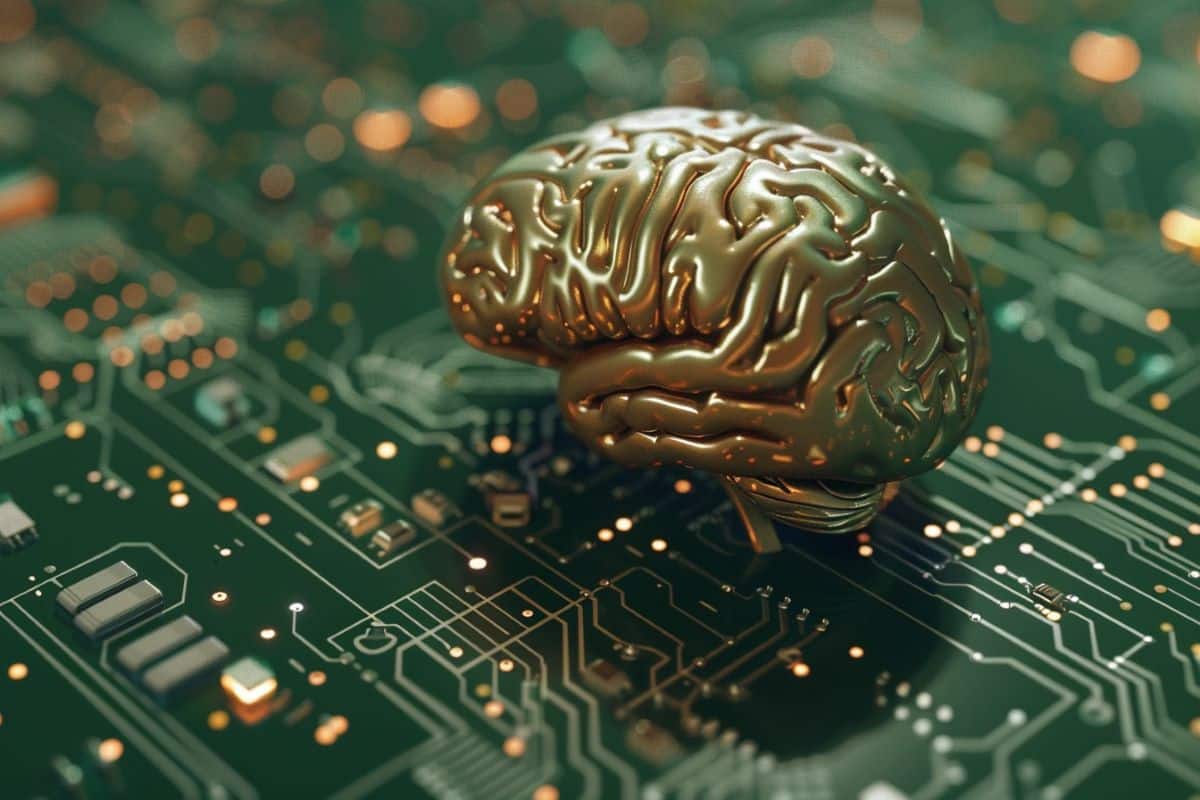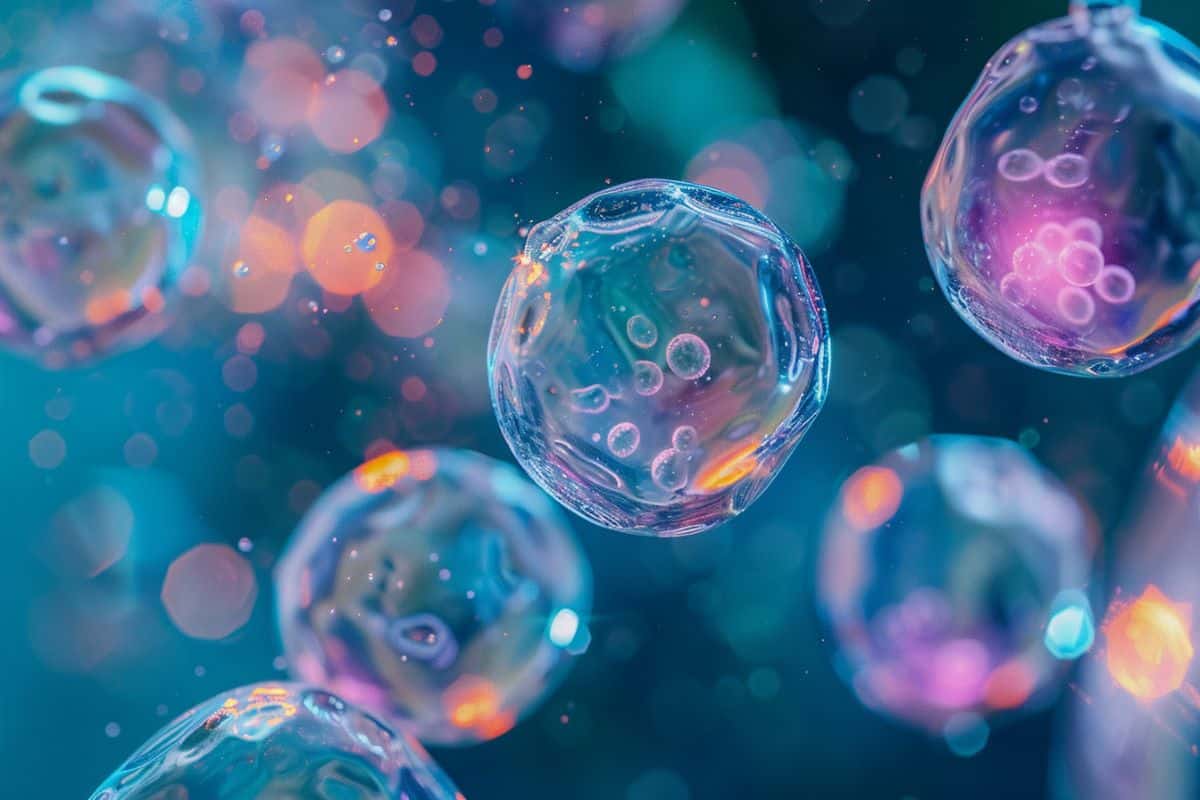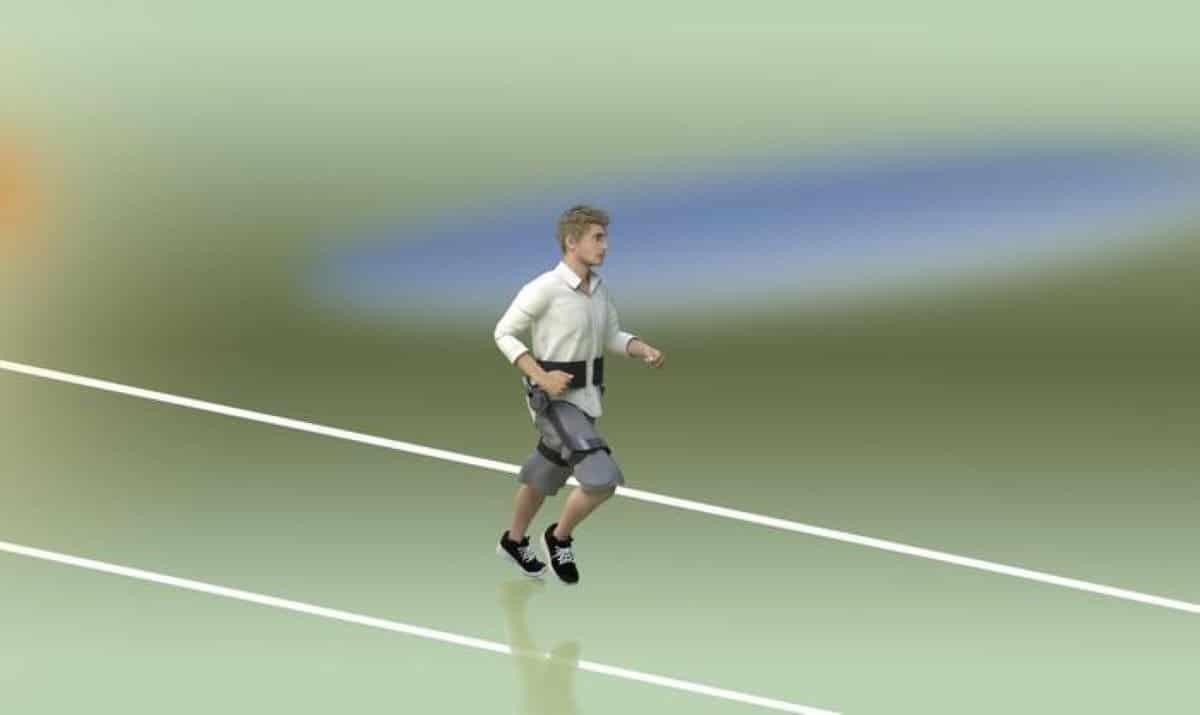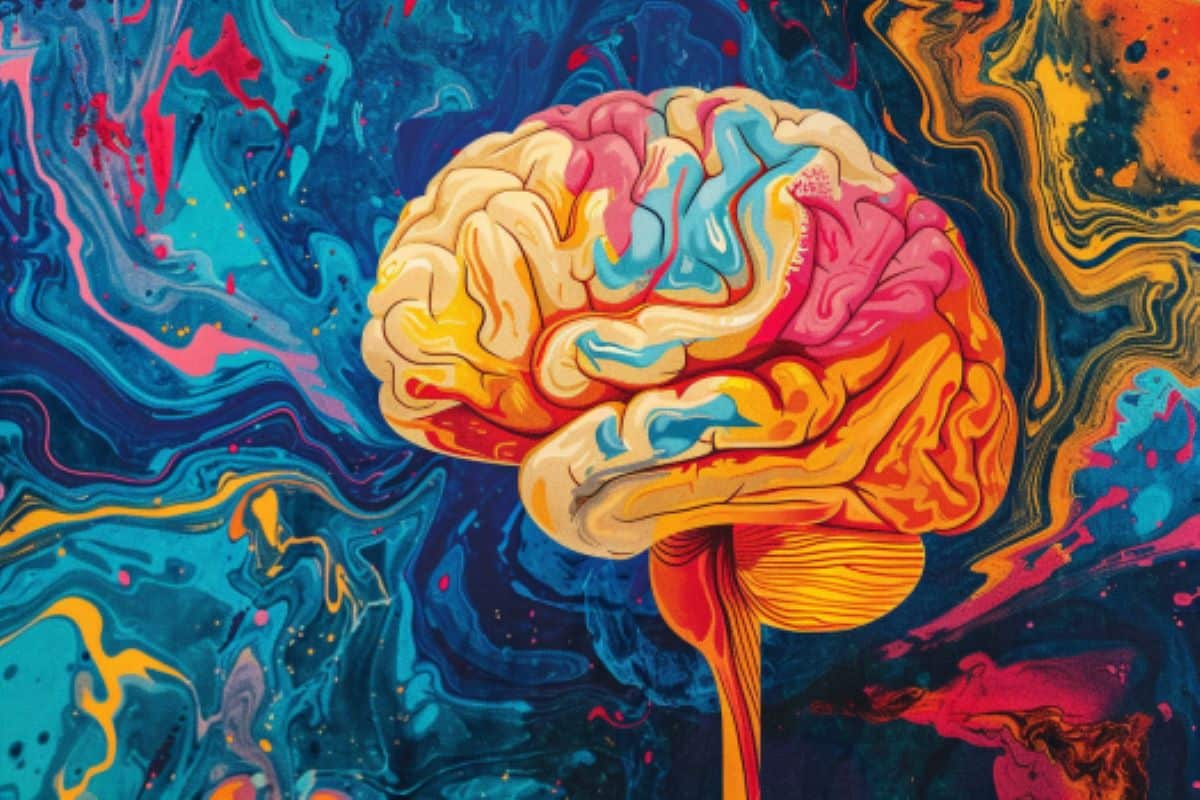Hippocampus distinguishes urgent from future goals – Neuroscience News
Resume: Researchers discovered how the brain prioritizes immediate and distant goals. Their research showed that the hippocampus processes urgent goals faster and differently than future goals. This insight can help understand psychiatric disorders such as depression, which affect the ability to set goals. The findings reveal crucial differences in brain activity and behavior related to … Read more
